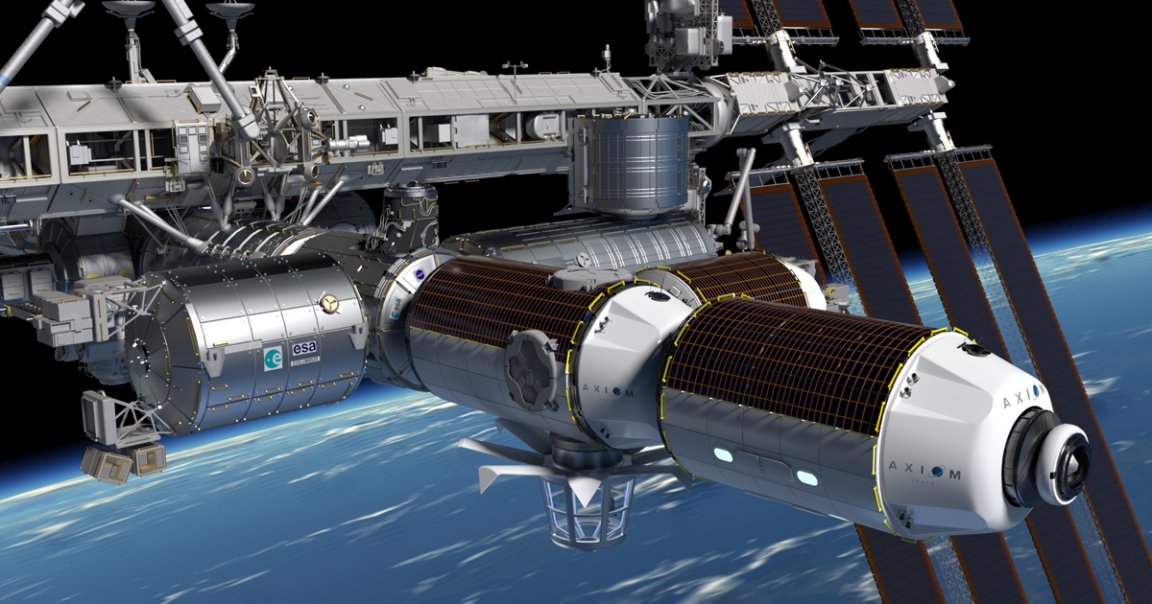
Robust Low-Earth Orbit Economy
NASA asked 12 spaceflight companies, including Blue Origin and Boeing, to study the future of commercial spaceflight in space — a bid to build a “robust low-Earth orbit economy” without relying on government-funding.
The companies assessed what habitable platforms in space could look like, and found that in-space research laboratories, manufacturing, entertainment, marketing and — of course — space tourism could all turn a huge profit in the long run.
Barriers to Entry
One major theme the studies’ results had in common was that economies of scale and growing markets could soon bring down the high costs of entering low-Earth orbit — one of the biggest barriers to entry faced by commercial space companies today.
The news comes after the Trump administration’s budget request from last year didn’t include direct funding for the ISS past 2024. That’s a big omission: the ISS is the only space habitat of its kind currently in operation.
Private Future
At this point, the studies are mostly just words.
But as the costs of launching both cargo and humans into space plummets, more and more companies are seeing tremendous opportunities in turning low-Earth orbit into a profitable market — and NASA is very encouraging of that.
READ MORE: Space companies propose ways to fill low Earth orbit with commercial habitats [The Verge]
More on the private sector: Jeff Bezos Just Unveiled Blue Origin’s Moon Lander